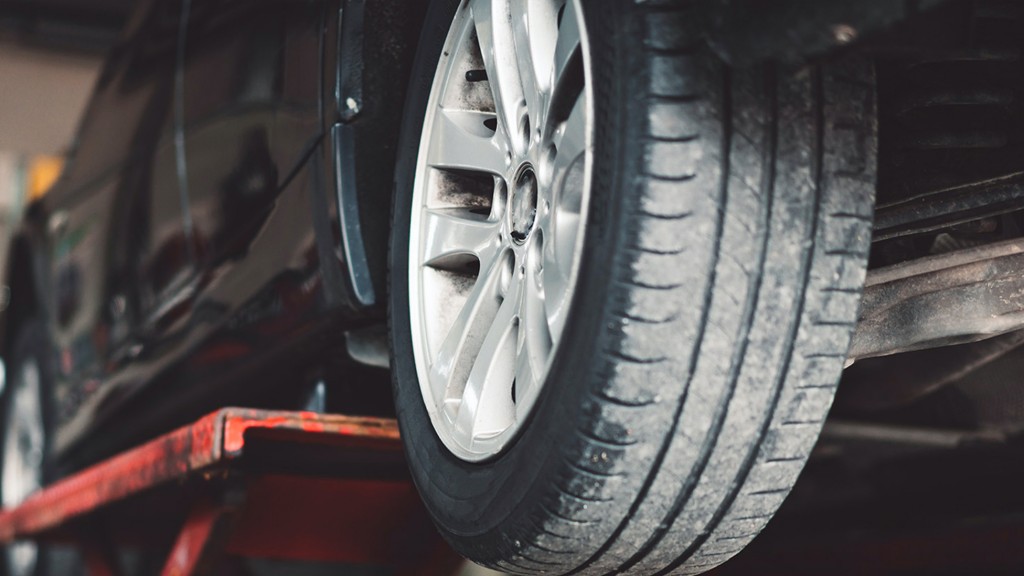Wastefront to build greenest tire waste recycling plant of its kind in UK

Wastefront has confirmed that it will build its first plant in the UK. The company converts disused tires into useful commodities, including liquid hydrocarbons and carbon black, which can then be reutilized in processes such as alternative fuel or ground rubber manufacturing.
The estimated 29 million metric tonnes of vehicle tires which reach the end of their lifespan each year represent an underreported but major cause of pollution due to their non-biodegradability.
As End-of-Life Tyre (ELT) waste continues to grow, so does the need for innovation. From the output of Wastefront's conversion process, tire producers are also able to create new tires, offering an opportunity for vehicle manufacturers to enhance the environmental credentials of their vehicles. Wastefront represents an important step towards a cleaner future through its dedication to develop environmentally friendly and sustainable recycling of tires.
Through a combination of proven technology and proprietary processes, Wastefront aims to reduce the negative environmental impact associated with ELT waste, while delivering an economically attractive solution as well.
In an effort to combat tire waste, in 2003, the EU Landfill Directive made it illegal to dispose of whole tires, with the addition of shredded tires in 2006. Many EU countries are now exporting tires abroad to nations with fewer restrictions. As a result, entrepreneurs capitalize on the growing need for tire disposal, setting up companies with the sole purpose of exporting ELT waste to landfills in foreign countries at low costs.
Due to a complex blend of materials (often natural and synthetic rubber, fibre and wire), tires are highly durable and not naturally biodegradable. Tires deposited in landfill sites result in the leaching of toxins into the soil and surrounding water tables. In some countries, landfill sites also serve as a breeding ground for mosquitoes spreading malaria and Zika virus, a major global ramification of tire waste that is heavily underreported.
Wastefront offers an industrial recycling of tire waste that combines a profitable business proposition with a reduced environmental footprint. By taking advantage of the high-energy content in tires, Wastefront is able to break down end-of-life tires into liquid hydrocarbons and carbon black, which can be re-utilized in areas such as alternative fuel manufacturing or rubber production. In addition, these commodities can provide the chemical building blocks required for carbon product manufacturing, as well as be used in the manufacturing of new tires .
By converting tire waste into usable commodities, Wastefront offsets carbon emissions, where the alternative to the recycled commodities is often crude oil, or unrefined petroleum; a fossil fuel which creates a significant amount of air pollution when refined down.
Wastefront uses pyrolytic reactors which utilize thermal decomposition known as ‘pyrolysis' to break down a tire's materials at elevated temperatures. By sending tires through reactors with a catalyst, a combustible gas is produced, in addition to a liquid hydrocarbon, carbon black and heat. The gas is circled back in to fuel the furnace. The liquid hydrocarbon undergoes a refining process as a means of improving the quality and performance. The carbon black is then washed and milled to upgrade the chemical properties, and can be used as a complement to natural rubber in the tire production, mechanical rubber goods or as a filler for plastics. The heat is repurposed locally within industry or to heat residential homes.


